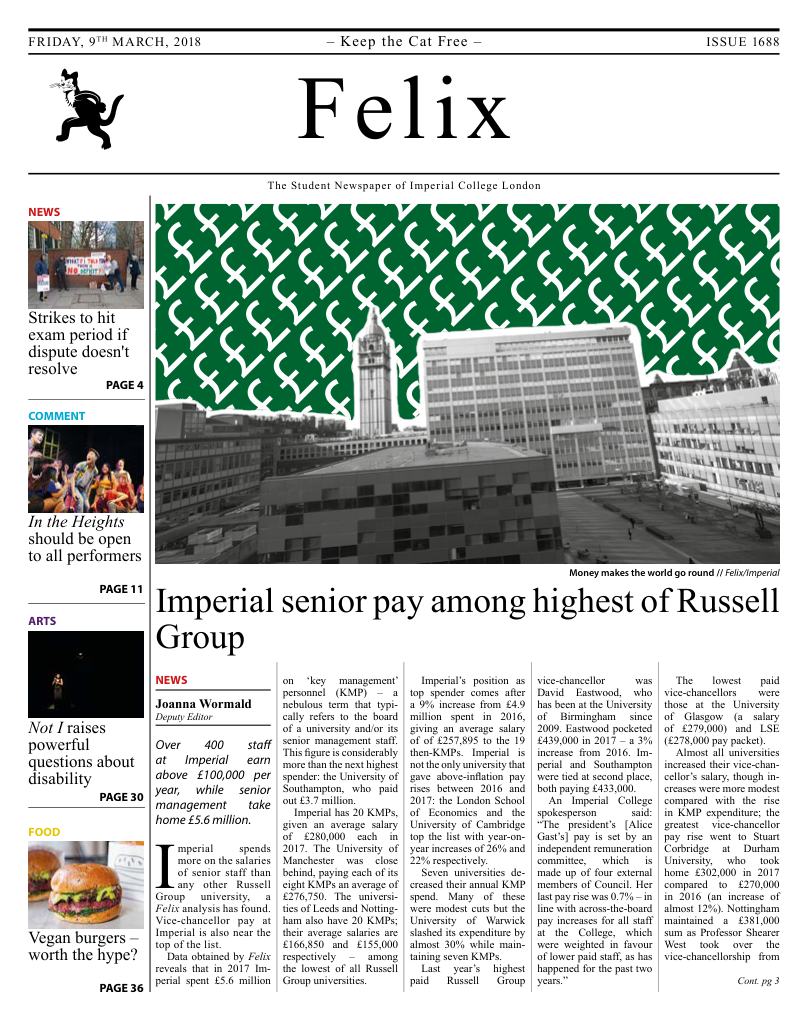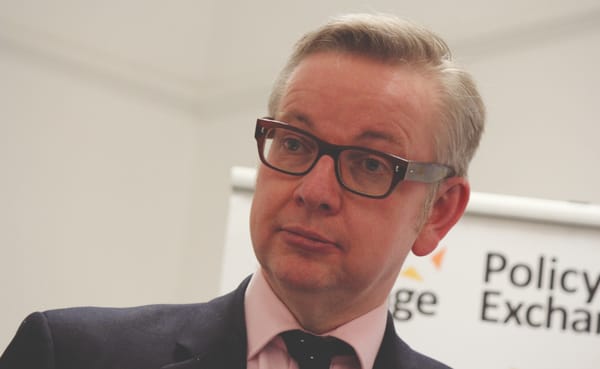Brexit and Ireland: how can we solve the border crisis?
Brexit is threatening the current status quo with the Irish border. Theresa May has made a commitment to withdrawing from the single market, but what does this mean for Ireland?

How do you solve a problem like the Irish border? This appears to be the biggest stumbling block in achieving a successful outcome for Brexit. It seems an impossible square to circle. Theresa May has committed to withdrawing from the customs union and single market, which would mean there would need to be border checks between Northern Ireland and the Republic of Ireland - this being the only land border the UK shares with the EU - whilst also insisting that one of her primary goals is to avoid a hard border within Ireland.
She hopes to do this in one of two ways. The first option would be to set up a customs partnership, which would mean the UK voluntarily mimics EU regulations for goods, doing away entirely with the need for a border. For this to work, the UK would need to maintain a lot of the same regulations it currently follows due to EU membership, which could be achieved through differing regulatory bodies and mechanisms. It would mean the UK would no longer be legally bound by the European Court of Justice but would need to take note and act on some of its rulings to ensure the UK’s regulations are running as closely parallel with the EU as possible. This would also allow the UK to strike trade deals with other countries by avoiding membership of a customs union.
However, it does beg the question of whether leaving the EU to gain power and sovereignty for parliament is worth it if the UK ultimately ends up following the same rules as before, even if on a voluntary basis instead. If the UK deviates from agreed standards, then one would assume that border posts would need to be erected to protect the EU’s internal market from goods that don’t meet its standards. This option therefore appears incompatible with the UK’s ability to use its post-Brexit autonomy to make meaningful decisions regarding standards.
“Is leaving the EU worth it if the UK ends up following the same rules as before, even on a vountary basis”
The second option Theresa May put forward in her speech was a customs arrangement whereby a smart border utilising technology could be erected. This option would give the UK more flexibility to deviate away from the EU’s regulations and would mean that when vehicles carrying goods would ordinarily have to stop for customs checks, they would be able to carry on driving without the need to stop. This option is arguably open to abuse, as both sides would need to trust that what was being declared was what was actually crossing the border, with no physical way of checking these goods. A trusted traders scheme would alleviate some concerns but this system could still be open to abuse. This leaves many commentators and the EU skeptical that this kind of system could work effectively.
Given that the options proposed by the UK government have obstacles that could be insurmountable, it’s important to consider the fail-safe option put forward by the EU in the event of no deal being reached. The fail-safe option proffered by the EU would be for Northern Ireland to effectively remain in the customs union even if the rest of the UK doesn’t. This would effectively push the border back to the Irish sea between the island of Ireland and the rest of the UK. This option has been vehemently opposed by the UK government as a threat to the integrity of the UK’s domestic economy, as customs checks would need to be enforced between Northern Ireland and the rest of the UK. The DUP’s involvement is significant as they ensure the Conservatives have enough votes to govern a majority in parliament. The DUP, being a unionist party in Northern Ireland, is completely opposed to any option that would separate Northern Ireland from the UK economically, as this would be an effective annexation of Northern Ireland by the EU in their eyes. It therefore appears impossible to solve the problem of the Irish border given the self-imposed red lines of both the EU and of Theresa May.
This has massive ramifications for the Good Friday agreement, which brought an end to the troubles and is sponsored by both the UK and Irish governments. It ensured an open border where communities, people, and goods could freely cross from one side to the other: now, this border is almost invisible. The current freedoms and peace were- hard fought for on all sides and to risk this for Brexit appears like an absurdity, especially when it is already under pressure due to the inability of Northern Ireland parties to form an executive for the regional assembly. Theresa May has conceded that when the UK leaves the EU, the UK and the EU will still have to stay closely aligned. Brexit will allow for bilateral trade agreements, however, these will come with pressures on standards and visa schemes. Brexit will garner minimal gains at best, and could be the catalyst for constitutional crisis in Northern Ireland.









